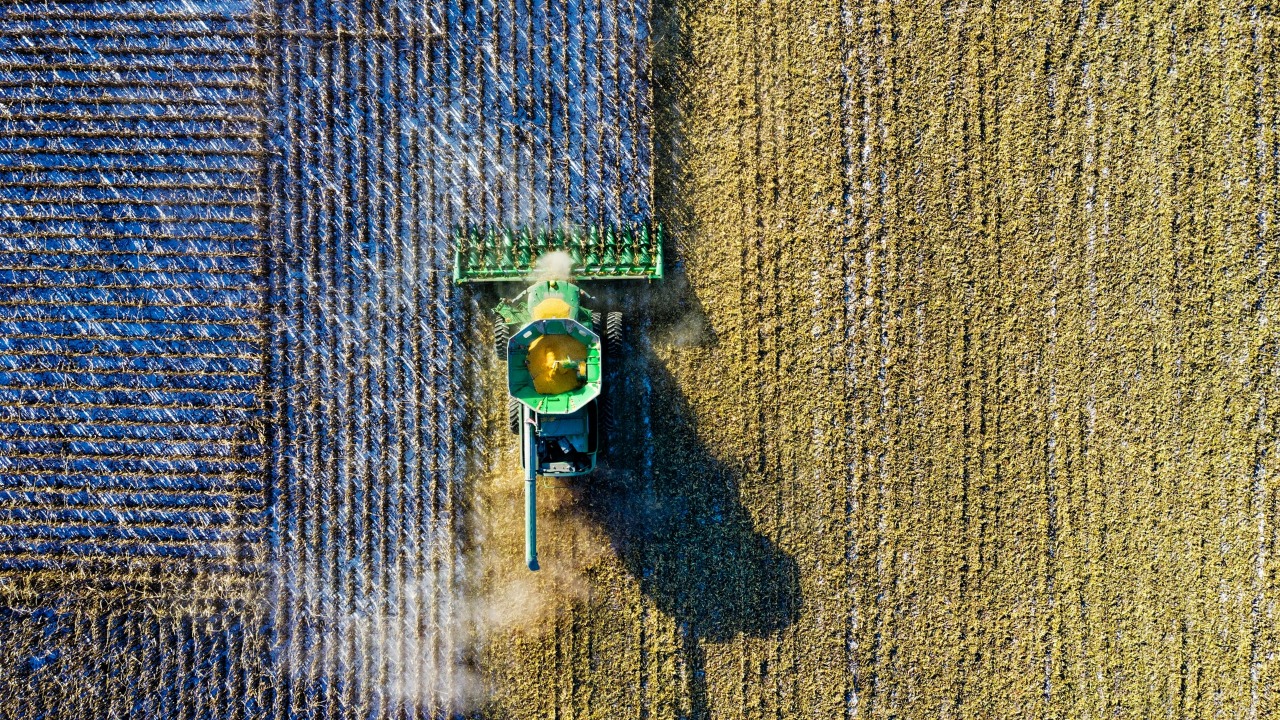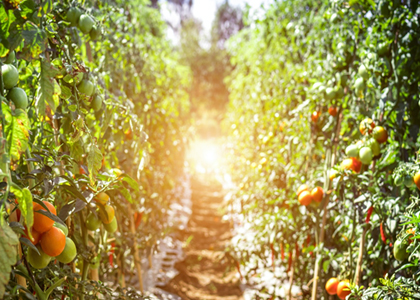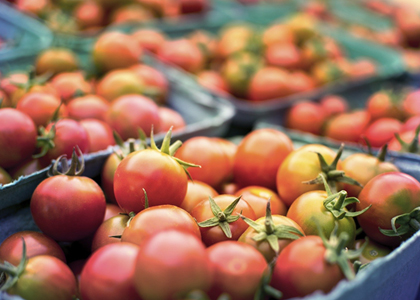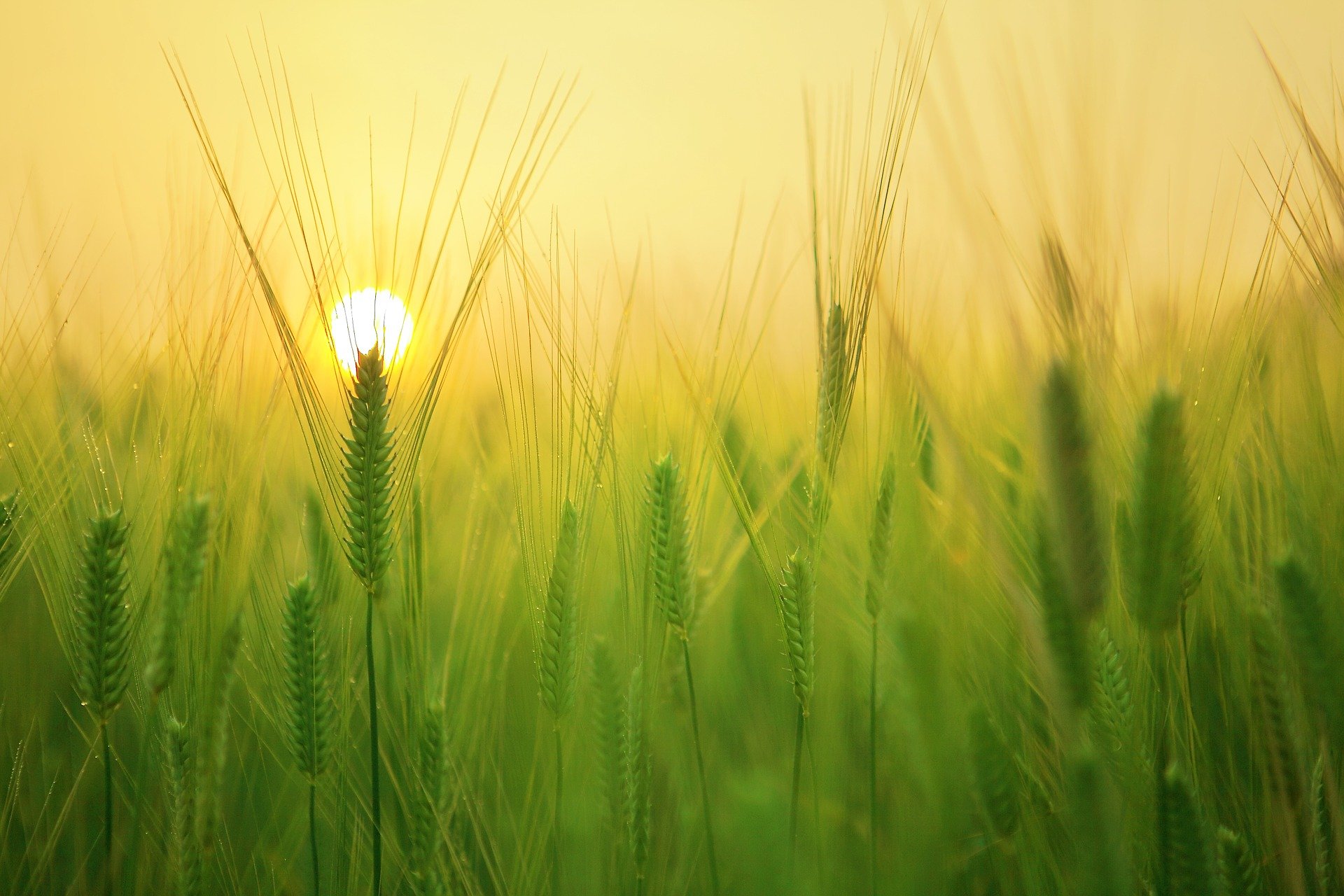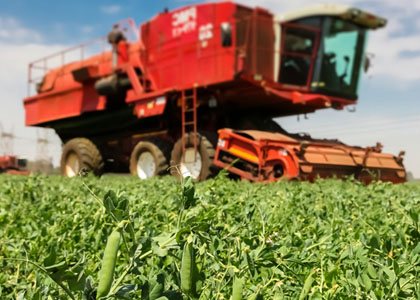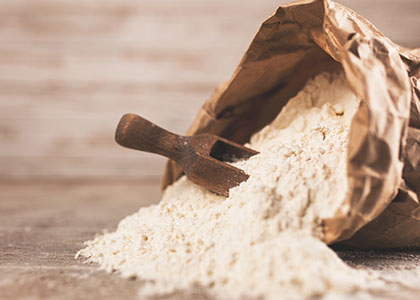Home / Blog / Saudi Food Sector Overcomes COVID-19 Challenges
The coronavirus pandemic significantly disrupted global supply chains, bringing economies around the world to a halt. Like many other countries, Saudi Arabia has also been affected by disruptions in the global food supply. However, because the government has implemented its long-term strategy for food independence, the country efficiently managed the situation with only minor effects felt by consumers.
Though food security does remain a concern for Gulf nations, including the KSA, there has been consistent work towards bolstering domestic production. Particularly for cereal, the country depends greatly on outside providers and, according to a report by the Food and Agriculture Organization of the United Nations, Saudi Arabia has a cereal dependency ratio of 92 percent. This high dependency on cereal imports can make the country vulnerable to major disruptions in the global market.
However, according to the kingdom’s Ministry of Environment, Water, and Agriculture (MEWA), the KSA has been successful in overcoming the food supply dependencies during the pandemic through its food security strategy. Abdul Rahman Al-Fadhli, the Minister of Environment, Water and, Agriculture, said, “Despite the severity of the coronavirus pandemic crisis and its severe impact on the food supply chains in the world, the Kingdom has overcome this crisis through the strength and durability of its food and agricultural security.”
According to Al-Fadhli, the success of the food security strategy is also attributable to the coordinated efforts of the MEWA and the private sector, which resulted in increased production and market efficiency. He noted that Saudi Arabia’s increase in lending volume to Saudi farmers, approximately SAR 1.9 billion (USD 506.67 million) in 2019, helped the agriculture sector develop to meet the country’s food security targets.
Now, the Kingdom has one of the Middle East’s largest storage capacities for wheat and flour at more than 3.3 million tons. Saudi has also developed its own trustworthy food supply chains that can meet or exceed daily production to satisfy consumers at international standards.
Food security is a major goal of Vision 2030, the country’s strategic reformation of the Saudi economy. Al-Fadhli also spoke highly of the kingdom’s exceptional levels of self-sufficiency, reliability, and quality in a number of agricultural products. Specifically, Saudi Arabia exceeded self-sufficiency ratios by 125 percent in its production of dates, 60 percent in vegetables and poultry, 55 percent in fish, 116 percent in eggs, and 109 percent in milk and related products.
